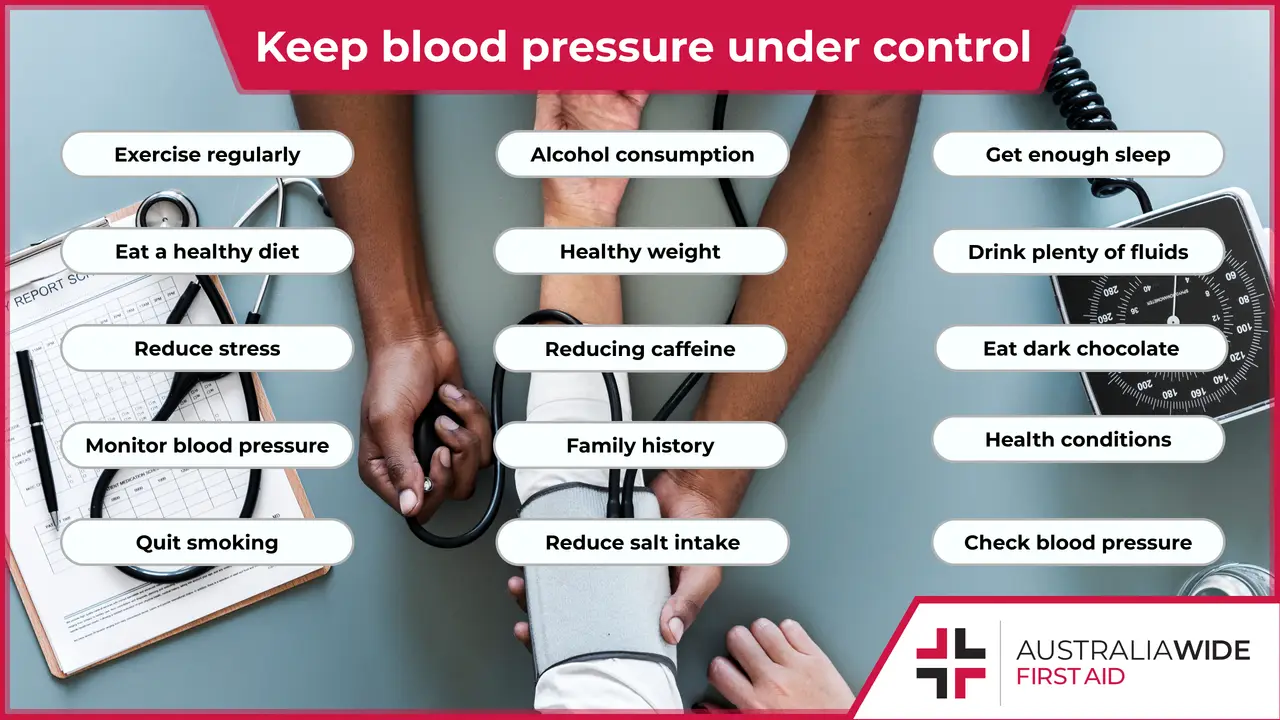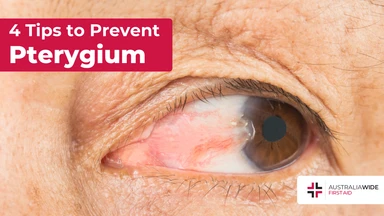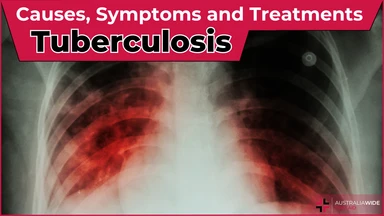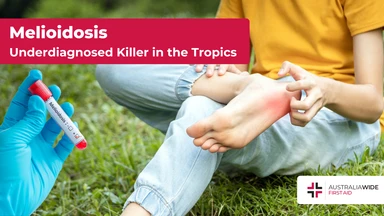15 Ways to Keep Blood Pressure Under Control without relying on Medication


High blood pressure, also known as hypertension, is a serious condition that can lead to heart attack, stroke, and other health problems such as heart disease.
If left untreated, high blood pressure can be deadly. But there are many things you can do to lower your blood pressure and improve your health. Here are fifteen of the best ways to keep your blood pressure under control without relying on medication.
Eating a diet that is rich in whole grains, fruits, and vegetables that are low in sodium, saturated, and trans fats can help to lower blood pressure. Foods which are high in potassium, such as bananas, are also beneficial.
Exercising for at least 30 minutes on most days can help to lower blood pressure. It is especially important to get regular aerobic exercise, such as walking, jogging, swimming, or biking.
Being overweight or obese puts extra strain on your heart and blood vessels, which can lead to high blood pressure. Losing even a few pounds can help to lower your blood pressure. With a higher body weight, you are more at risk of also developing conditions which raise your blood pressure, like heart disease. For more information about the different types of heart disease head to our Resource Library.
Smoking is a major risk factor for high blood pressure. If you smoke, quitting is one of the best things you can do for your health. Smoking increases your blood pressure by damaging and narrowing your blood vessels.
Stress can cause your blood pressure to rise. Managing stress through relaxation techniques such as yoga or meditation can help to lower blood pressure.
Drinking too much alcohol can raise your blood pressure. If you drink alcohol, limit yourself to no more than two drinks per day. Alcohol increases your blood pressure by causing your blood vessels to constrict. Alcohol also can cause weight gain, which can lead to high blood pressure and put you at further risk for different medical conditions.
Sleep is important for overall health, and it can also help to lower blood pressure. Getting enough sleep can help your body to better manage stress, which can reduce your blood pressure.
Sitting for long periods of time can increase your blood pressure. Taking regular breaks throughout the day to walk around and move your body can help to reduce your blood pressure.
Keeping track of your blood pressure is important in managing hypertension. Checking your blood pressure at home on a regular basis can help you to keep track of your progress and make necessary lifestyle changes. You also can talk with your local pharmacy about getting readings for your blood pressure.
Eating a diet high in salt can raise your blood pressure. Reducing your salt intake can help to lower blood pressure and improve your health. Salt causes your blood pressure to rise by retaining fluid in your body and by damaging your blood vessels.
Staying hydrated is important for overall health, and it also can help to lower blood pressure. Drinking plenty of fluids, especially water, can help to reduce your blood pressure by keeping your blood vessels from becoming constricted.
Caffeine can raise your blood pressure. If you regularly drink caffeinated beverages, such as coffee or tea, cutting back on caffeine can help to lower your blood pressure.
Dark chocolate contains flavonoids, which are antioxidants that can help to lower blood pressure. Eating dark chocolate in moderation can improve your cardiovascular health and reduce your blood pressure. However, dark chocolate does have some sugar and other components so it's important to not over-indulge!
If you have a health condition that can cause high blood pressure, such as diabetes or kidney disease, it is important to manage that condition. Working with your healthcare team to keep your blood sugar or blood pressure under control can help to lower your blood pressure.
High blood pressure tends to run in families, so knowing your family history can help you to be aware of your risk for high blood pressure. If you have a family member with high blood pressure, you may be at increased risk for the condition. Talk with your healthcare provider about ways to lower your risk.
If you have any of the following symptoms, you should seek medical attention immediately:
If you have any concerns about your blood pressure, be sure to speak with your doctor. These 15 lifestyle changes can help to keep blood pressure under control without medication, but everyone is different and some people may require medication to manage their blood pressure. A first aid course can teach you how to check and monitor blood pressure as well as provide other lifesaving skills. For more information on our courses, visit our website or call us today.
If someone has symptoms of high blood pressure, it is important to stay calm and call for medical help immediately. Do not attempt to treat the person yourself, as this could make the situation worse. If the person is unconscious or having a seizure, you should call triple zero (000) for an ambulance, follow DRSABCD and be prepared to perform CPR. If the person is conscious and able to follow your instructions, have them sit or lie down in the recovery position and rest until medical help arrives. It is also important to monitor their blood pressure if possible and keep track of any changes in their condition. For more information on how to respond to high blood pressure using first aid, be sure to enrol in a first aid course with Australia Wide First Aid.
If you are concerned about your blood pressure, or if you have been diagnosed with high blood pressure, it is important to work with your doctor to manage it. Making lifestyle changes, such as those listed above, can help to lower blood pressure and reduce the risk of complications. First aid courses, such as those offered by Australia Wide First Aid, can also provide valuable skills and knowledge for dealing with high blood pressure and other medical emergencies.

May 1, 2025
Pterygium, also known as surfer's eye, is an ocular surface disease characterised by a growth of limbal and conjunctival tissue over the cornea. Fortunately, you can practice many eye health habits to help prevent the development of pterygium and other risks.

April 3, 2025
Tuberculosis is a severe bacterial infection that mainly affects the lungs and other parts of the body, including the nervous system. This contagious disease can quickly spread in crowded areas when an infected person coughs, talks, or sneezes.

February 13, 2025
Melioidosis is a bacterial infection caused by Burkholderia pseudomallei, a microorganism found in soil and water. This infection is often underdiagnosed due to symptoms mimicking many other illnesses. As such, awareness is critical for those living or working in affected regions.